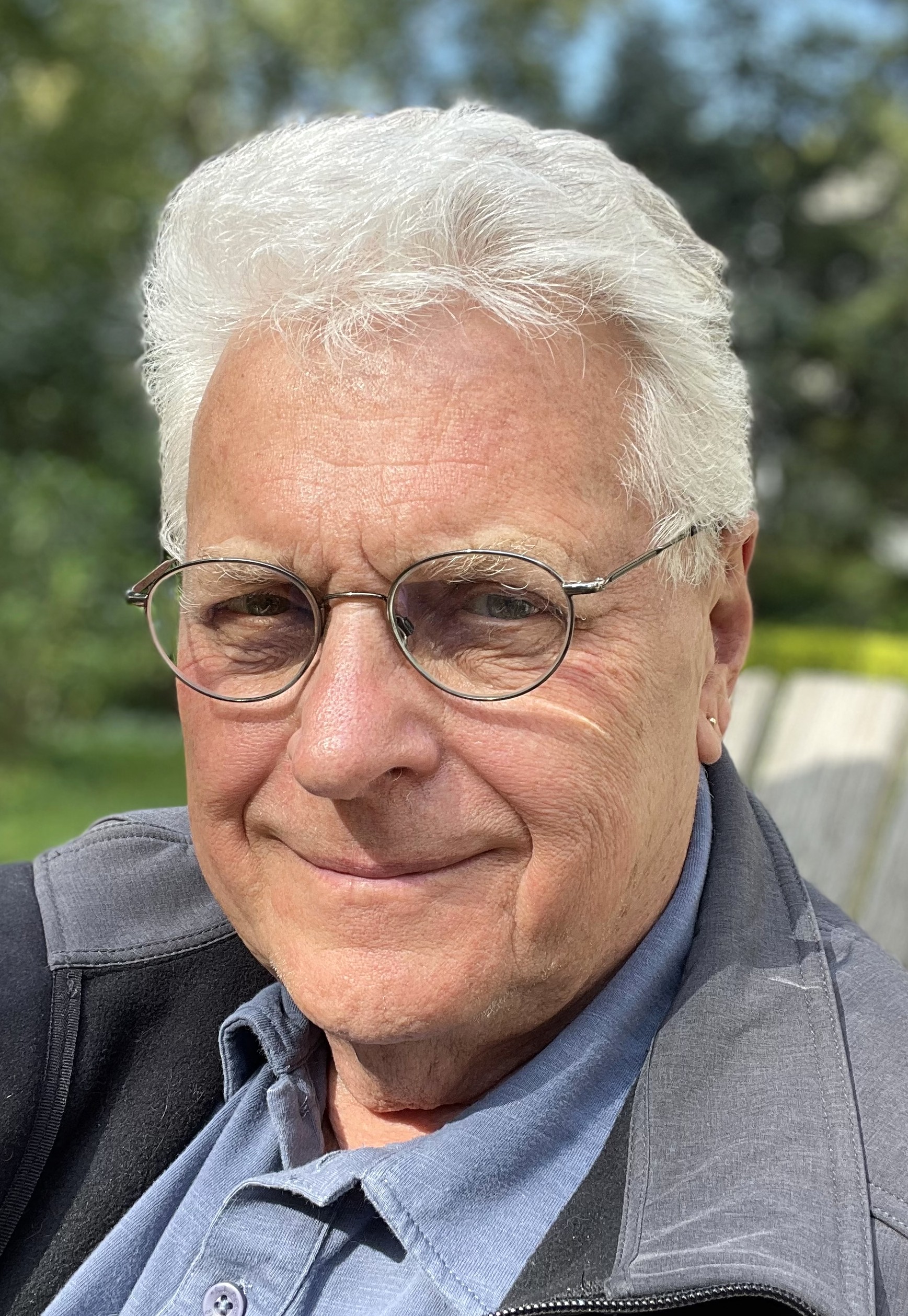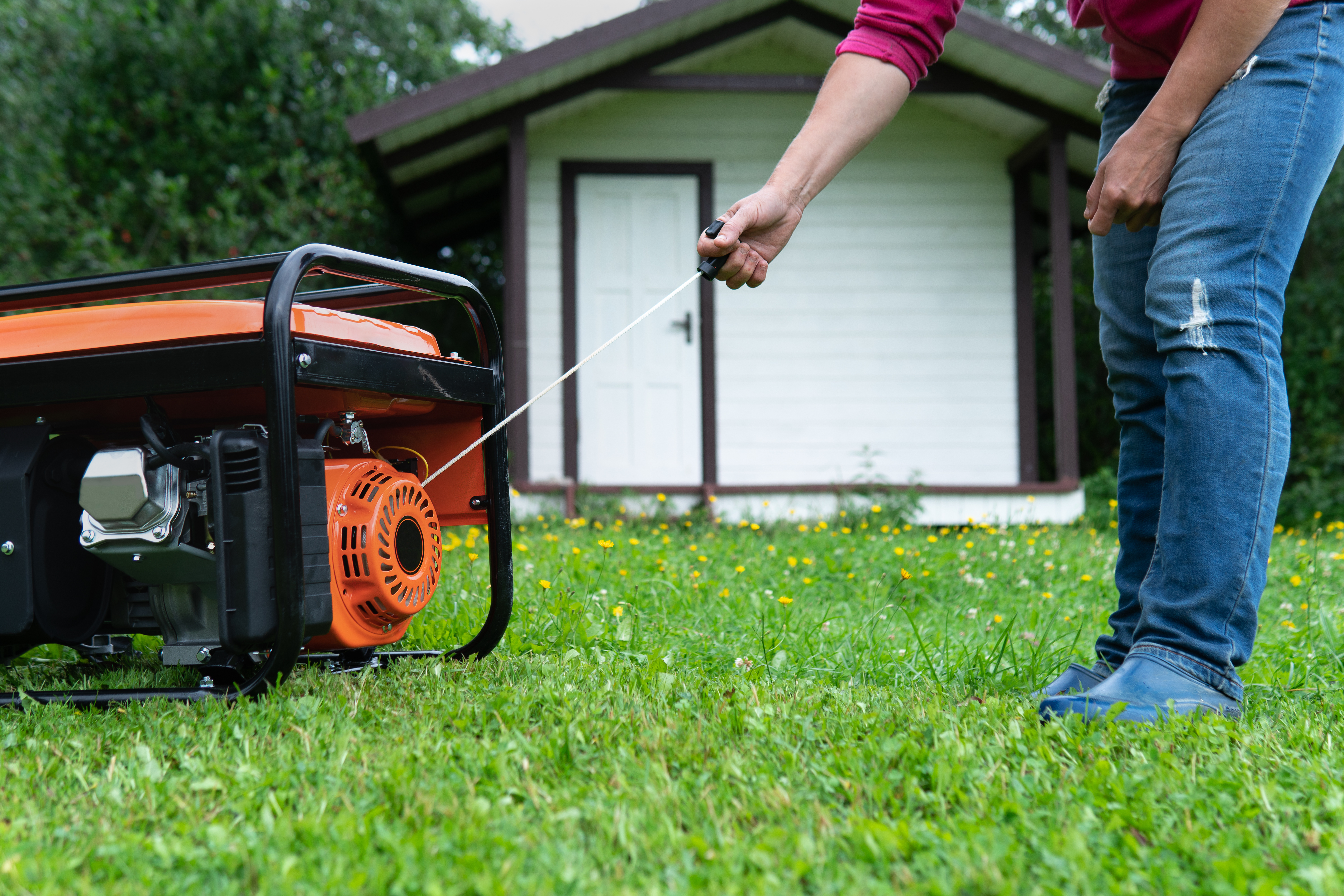
For 25 years, Robert W. Powitz has volunteered as a member on more than 10 UL Standards & Engagement technical committees. A forensic sanitarian by trade, Powitz is an expert in public health, environmental health and safety, and contamination control, and he lends his expertise to ULSE’s standards development to help improve standards for household appliances, commercial and industrial equipment, and even children’s toys.
Powitz’s background in public and environmental health provides him with a unique perspective in the standards development process, which is open to all who wish to participate.
“I look at standards a little differently than from an engineering standpoint,” Powitz says. “When I look at the standards, I look for things that may contravene good or current public health practice. I look at the topics and I’m saying to myself, ‘As a consumer, or from what I’ve seen doing housing and institutional inspections, what can I expect?’”
“Take, for instance, switches and dials,” he adds. “Someone with arthritis, the elderly, children, or someone with a disability — how do they navigate these products? What have I seen in my professional experience about the ways people are interacting with things?”
Powitz’s contributions over the past 25 years have helped to improve safety standards for extension cords to mitigate the risk of fire, for robotic vacuums to keep children and pets safe, for household ovens to mitigate the risk of burns from exterior surfaces, and for portable generators to help reduce the risk of carbon monoxide poisoning.
“For portable generators, we looked at it from a standpoint of, ‘What does the consumer do?’ and ‘What did I see as a health director when the power was out and people were using these things?’” Powitz says.
In 2022, the U.S. Consumer Product Safety Commission performed an analysis that determined that “generators compliant with the UL 2201 standard would avert nearly 100% of the deaths that occurred with the current, non-compliant generators.”

“For portable generators, we looked at it from a standpoint of, ‘What does the consumer do?’ and ‘What did I see as a health director when the power was out and people were using these things?’”
“Being able to catch something during the standards development process is something,” Powitz says. “Catching issues that do not comport with public health happens less and less now than it used to but I’m proud that I am allowed to participate as a voice.”
“The standard for portable generators is so very important and there is a direct effect there and I think as long as I’m able to participate, I will. I guess it’s a labor of love, but you are part of something and that something is so very important in the grandest scheme of things when it comes to consumer and industry,” he adds.
As a 25-year veteran in the ULSE standards development process, Powitz boasts a 100% vote return record, compared to the average of 73%. Considering his years of service on several ULSE technical committees, it is a testament to his commitment to advancing the safety, security, and sustainability of the products and systems covered by ULSE standards.
To those interested in applying to join a ULSE technical committee for the first time, he recommends connecting with experienced TC members and being willing to learn about the process.
“To be effective they’ll need to take the time to understand the standards development process, the outcome of that process, and the dynamic of a standard. It’s important for participants to understand the why behind the standard. Why are we doing this? Then you can apply your experience, knowledge, skill, and attributes to evaluate what it is we’re looking at,” he says.
“For those who are mature in their career, the best qualities they can have as a TC member would be to be a mentor to someone else coming into the standards process — getting them to understand their role within the standards process and encouraging them to be an active participant in that role.
Robert W. Powitz holds an M.P.H. and Ph.D. degree in institutional environmental health, epidemiology, and environmental microbiology from the University of Minnesota. He is currently a Forensic Sanitarian and has been nationally registered for 58 years. He was the Director of Environmental Health and Safety and Associate Professor at Wayne State University in Detroit, Michigan and served as Biological Safety Officer for the United States Department of Agriculture at the Plum Island Animal Disease Center. Powitz has over 200 publications and does frequent speaking tours for governmental agencies, industry, and professional organizations.
We at ULSE thank Robert W. Powitz for his many years of dedication to our standards development process and our mission of working for a safer world.
Get Involved
If you are interested in joining the standards development process for ULSE standards, there are several ways to participate:
- Apply for TC membership: TC membership is contingent upon participation, as active member participation is critical to helping maintain a balance of interests and advance the standards development process.
- Subscribe and follow a standard: Subscribe to receive up-to-date information on new standards projects, standards for public review, recently published standards and more. You can elect to receive activity notifications and get involved without being a member.
- Propose changes to a standard: Submit a proposal or request to attend a meeting.